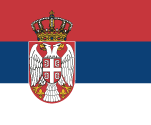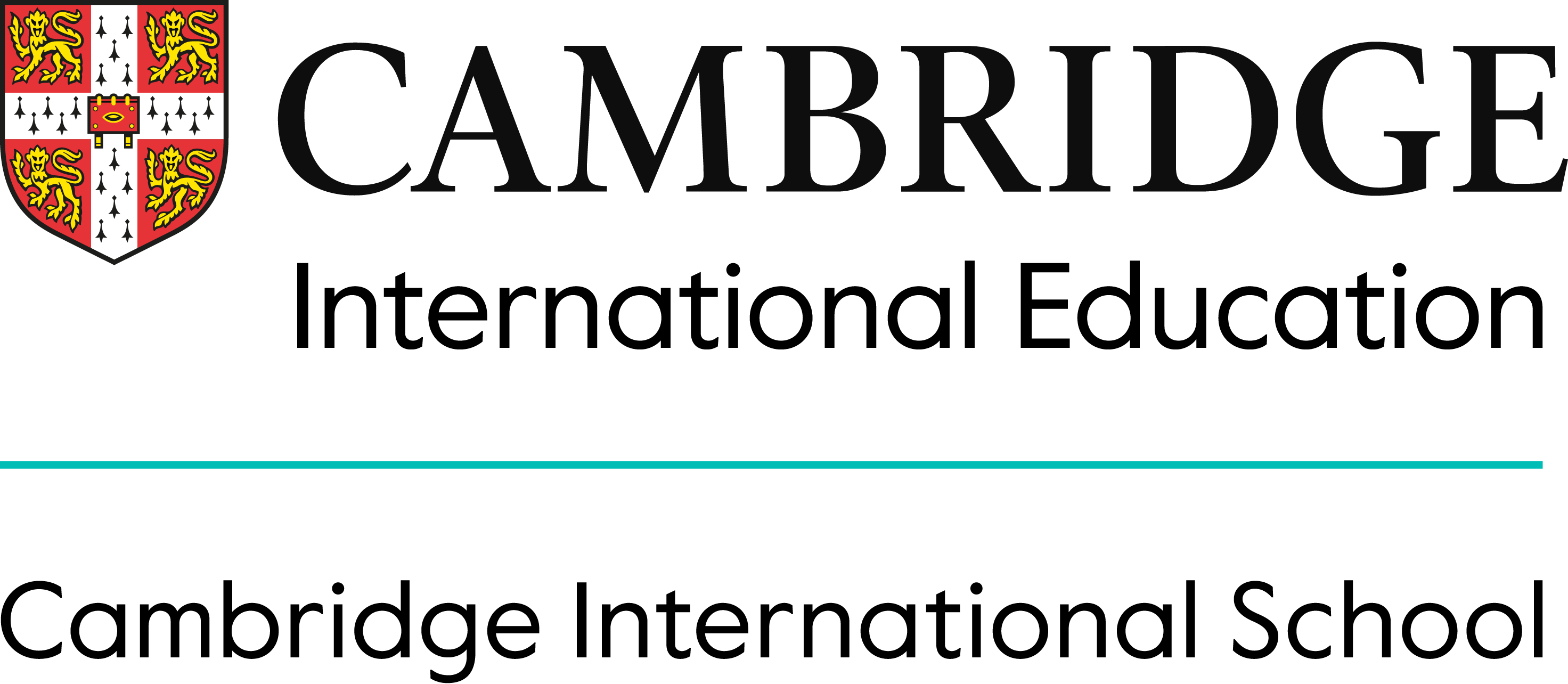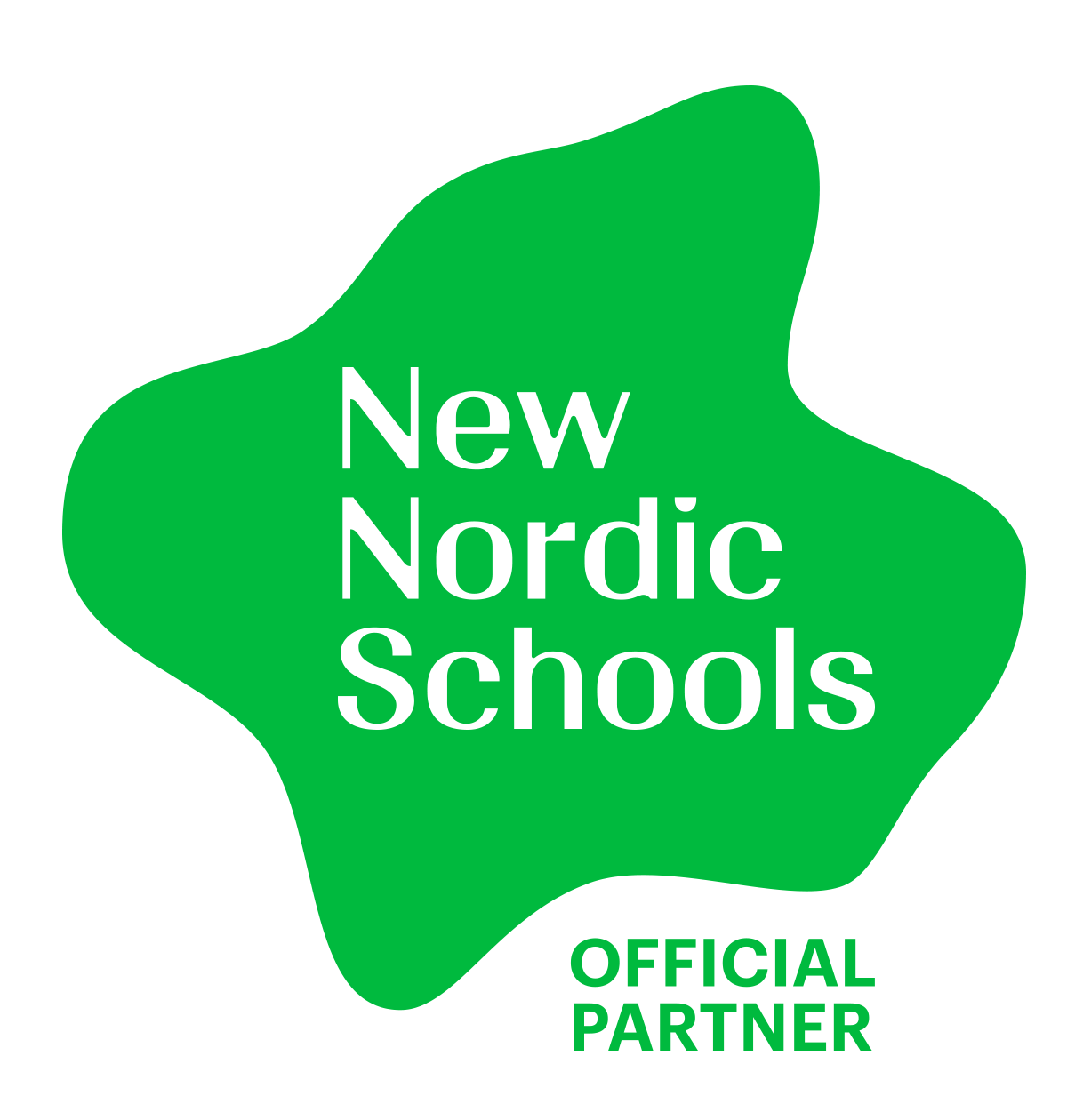
Globetrotters: The power of role play in early language and culture learning
Violeta Nincetovic / / Blog, Erasmus+ / August 18, 2025
Globetrotters: The power of role play in early language and culture learning
Partnership with the European project Globetrotters
Savremena Primary School is proud to announce its partnership with the European project Globetrotters, designed to introduce pupils aged 6 to 9 to a linguistic and cultural journey that goes beyond traditional teaching methods.

Role play as a key tool in early education
In early education, learning is most effective when it includes elements of play and is rooted in real-life experiences. Role play — when children take on various social roles such as shopkeeper, traveler or doctor — allows them to expand their imagination and naturally apply language structures in context. In these moments, children don’t even feel like they’re learning — because learning becomes play, and knowledge comes naturally and without pressure.
When children act out scenes that mirror real-life situations, language ceases to be abstract — it becomes a tool for communication, play and interaction. That’s why role play has such strong pedagogical value: it encourages active participation, creativity, and expression without fear of making mistakes. It’s a learning method that stays in their memory and builds confidence.
Why role play works in language learning
Role play enables children to use words and phrases in meaningful, real contexts instead of memorizing them mechanically. Through these activities, they don’t just say words — they use them to express their thoughts, needs and emotions. In this way, language becomes a living link between students and the world around them.
Additionally, during these activities, children actively listen to one another, respond to messages, and learn to hold a conversation. This strengthens their communication skills, attention, and mutual respect. The classroom becomes a space of living language, where every sentence contributes to a shared story.
Learning culture through role play
Language and culture are inseparable — one cannot be fully understood without the other. Through games that include greetings, customs, traditional situations or holiday celebrations, children experience the culture of other nations in an interactive and engaging way. Culture then isn’t just a topic in a book; it becomes a lived experience that students create and share.
For example, activities might include a simulated international airport where students act as travelers from different countries or role plays that depict traditional celebrations. In this way, students learn not only how to communicate, but also how to understand social contexts, behavior norms and cultural differences. This experience builds bridges between cultures.
The power of play in education
Role play is much more than just a game — it’s a powerful educational tool that supports language development, social skills, and intercultural understanding. Through such activities, children not only develop linguistically but also become more confident, expressive and open to the world.
In modern education, where boundaries are fading and cultures intertwine, role play becomes a key tool for raising generations who communicate with confidence, understanding and respect for diversity. From an early age, children become true global citizens — ready to learn, understand and build bridges between cultures.




